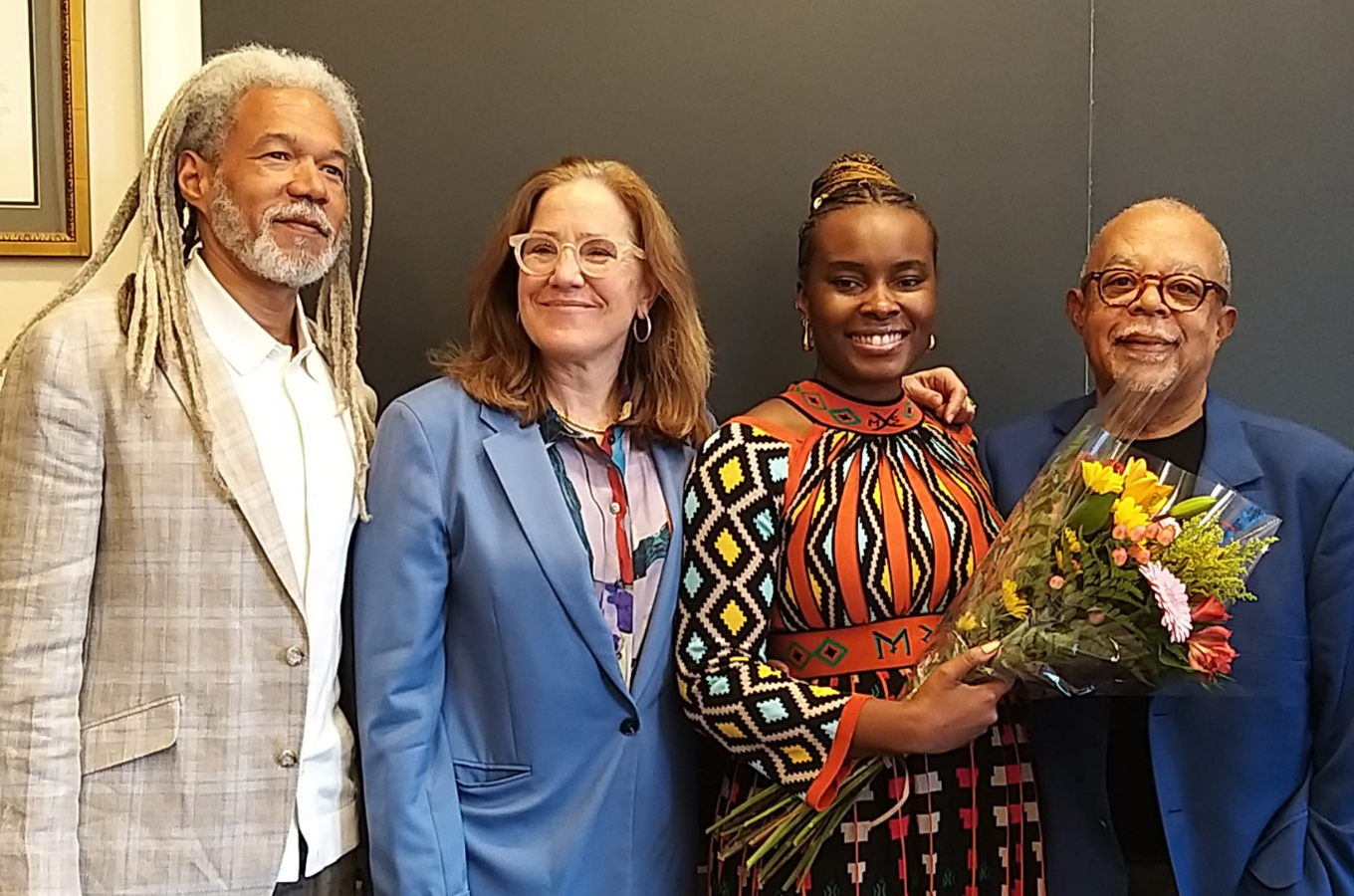
Zimbabwean-South African author Panashe Chigumadzi successfully defended her PhD recently and we are so proud of her for completing this major milestone!
Chigumadzi was a doctoral candidate in Harvard University’s Departments of African and African American Studies and History. Her dissertation is titled “Nineteenth-Century Ubuntu: Black Philosophy Under the Nine Wars of Dispossession, 1779-1878″. Her PhD committee included professors Henry Louis Gates Jr (chair), Vincent Brown, Bongani Ngqulunga, and Caroline Elkins.
Chigumadzi’s dissertation focuses on the 19th century discourse of the philosophy of Ubuntu. The idea of Ubuntu as an ethics of war and conquest would be jarring to South Africans who have lived through the post-apartheid era in which the likes of Nelson Mandela deployed Ubuntu as an official post-apartheid ideology of non-racial pacifism and amnesty to avoid civil war between black and white. And yet, this is what isiXhosa-speaking intellectuals articulated as they lived through the Nine Wars of Dispossession (1779-1878) in what is now Southern Africa’s Eastern Cape.
The Wars of Dispossession, in which British and Boer settlers waged war for the land, labour and cattle of isiXhosa and Khoe–San-speaking peoples, were the longest period of military action in the history of European presence in Africa and would ultimately lead to the end of Black sovereignty in Southern Africa. In this dissertation, Chigumadzi argues that amongst indigenous peoples of Southern Africa, Ubuntu provided an ethical grounding for war conduct and conquest— what Chigumadzi calls an indigenous ethics of “conquest and incorporation”.
Chigumadzi examines isiXhosa-speakers’ written and oral responses to the metaphysical crises precipitated by settler colonial conquest’s “logic of elimination of the native” and the British introduction of the ideology of total war to the Cape during the Wars of Dispossession. Drawing from Black Studies, African Studies, Settler Colonial Studies, and Indigenous Studies, Chigumadzi extends the analysis of the settler colonial logic of elimination to consider the specific predicament of the “native” who is black.
Her PhD defense was a captivating affair! Even though there was a cap on virtual attendance, about 120 people attended virtually and another 20 people were in person. Some of the guests included Mukoma wa Ngugi, Bibi Bakare-Yusuf, Tsitsi Dangarembga, Ishion Hutchinson, Yvonne Owuor, Njabulo Ndebele, Okey Ndibe, Bongani Madondo, Portia Malatjie, Ben Williams, Wale Lawal, Unathi Kondile, Siphiwo Mahala, Mhoze Chikowero, Sarah Nuttall, Tunde Wey, Jonathan Gray, and a range of Black scholars.
Kenyan-American poet and author Mukoma Wa Ngugi attended the defense as well. He remarked to us that it was a pleasure to have been there for Chigumadzi’s defense with publisher Bibi Bakare-Yusuf. It is indeed a gift that Chigumadzi emerges victorious surrounded by esteemed scholars!
Panashe Chigumadzi is a Zimbabwean-born essayist and novelist raised in South Africa. Her 2015 debut novel Sweet Medicine won the 2016 K. Sello Duiker Literary Award. Her second book, These Bones Will Rise Again was published in 2018 and shortlisted for the 2019 Alan Paton Prize for Non-fiction. Chigumadzi was the founding editor of Vanguard Magazine, a platform for black women coming of age in post-apartheid South Africa.
Congrats to Chigumadzi! See the photos from her PhD defense below.
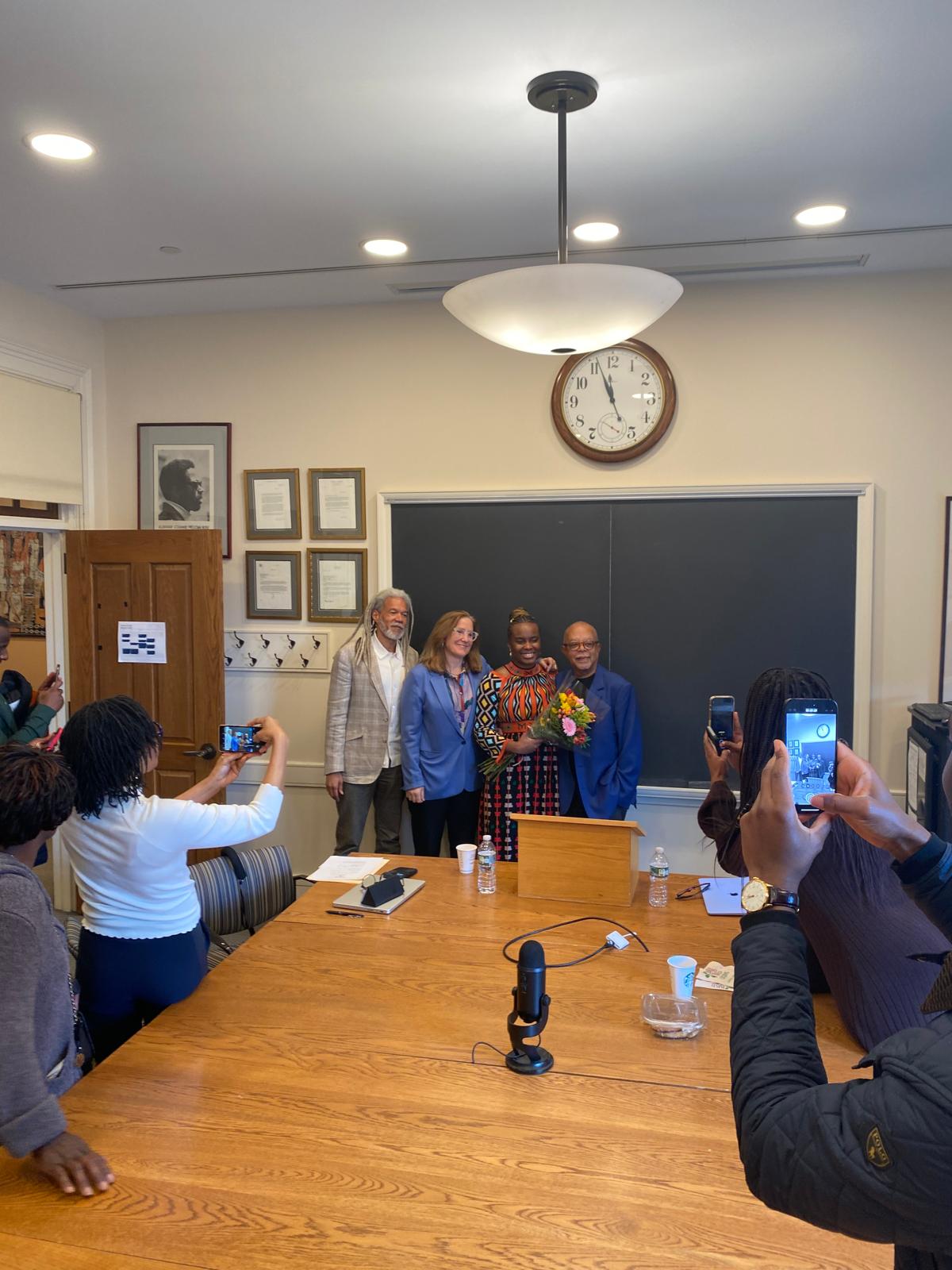
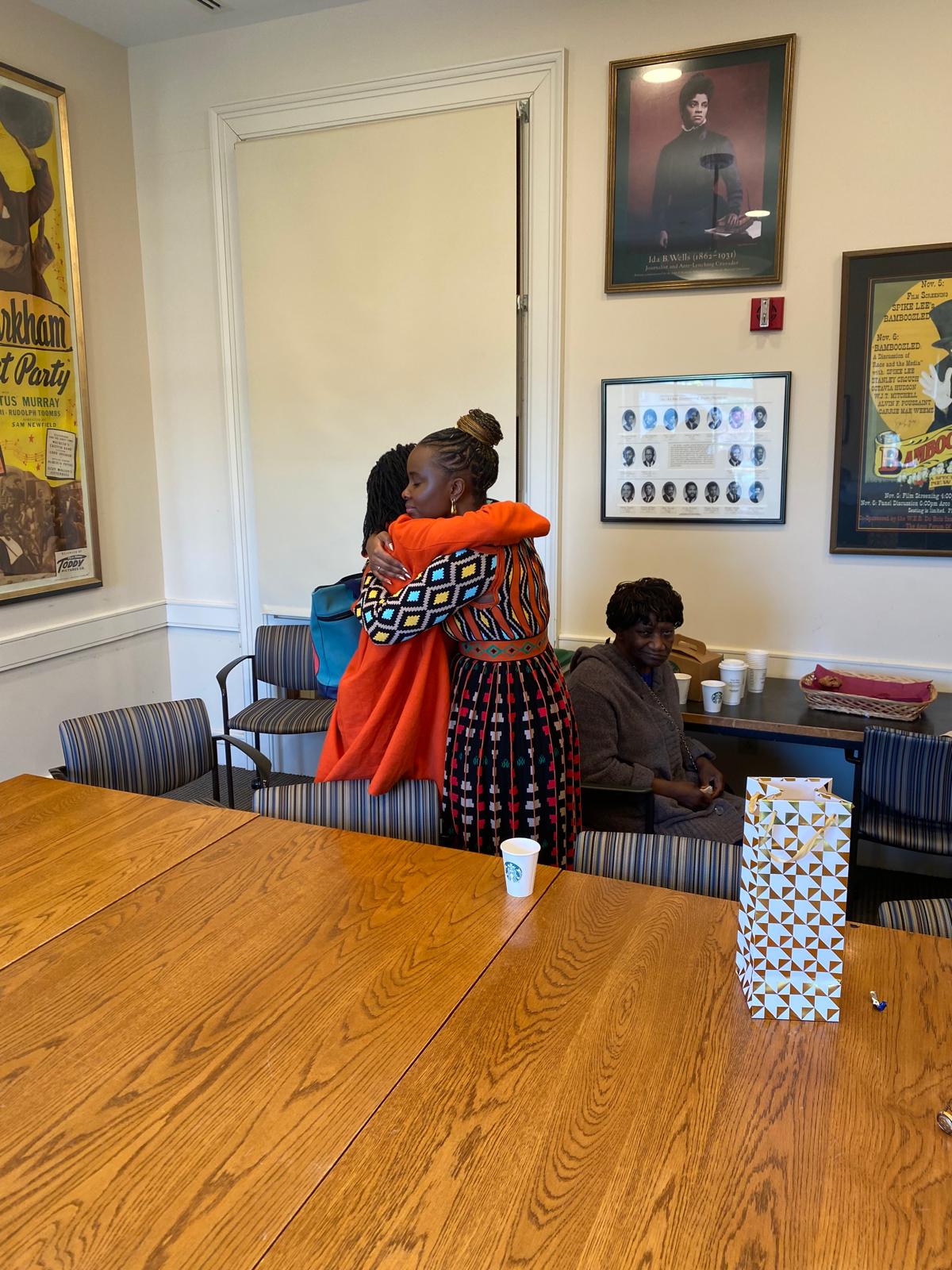
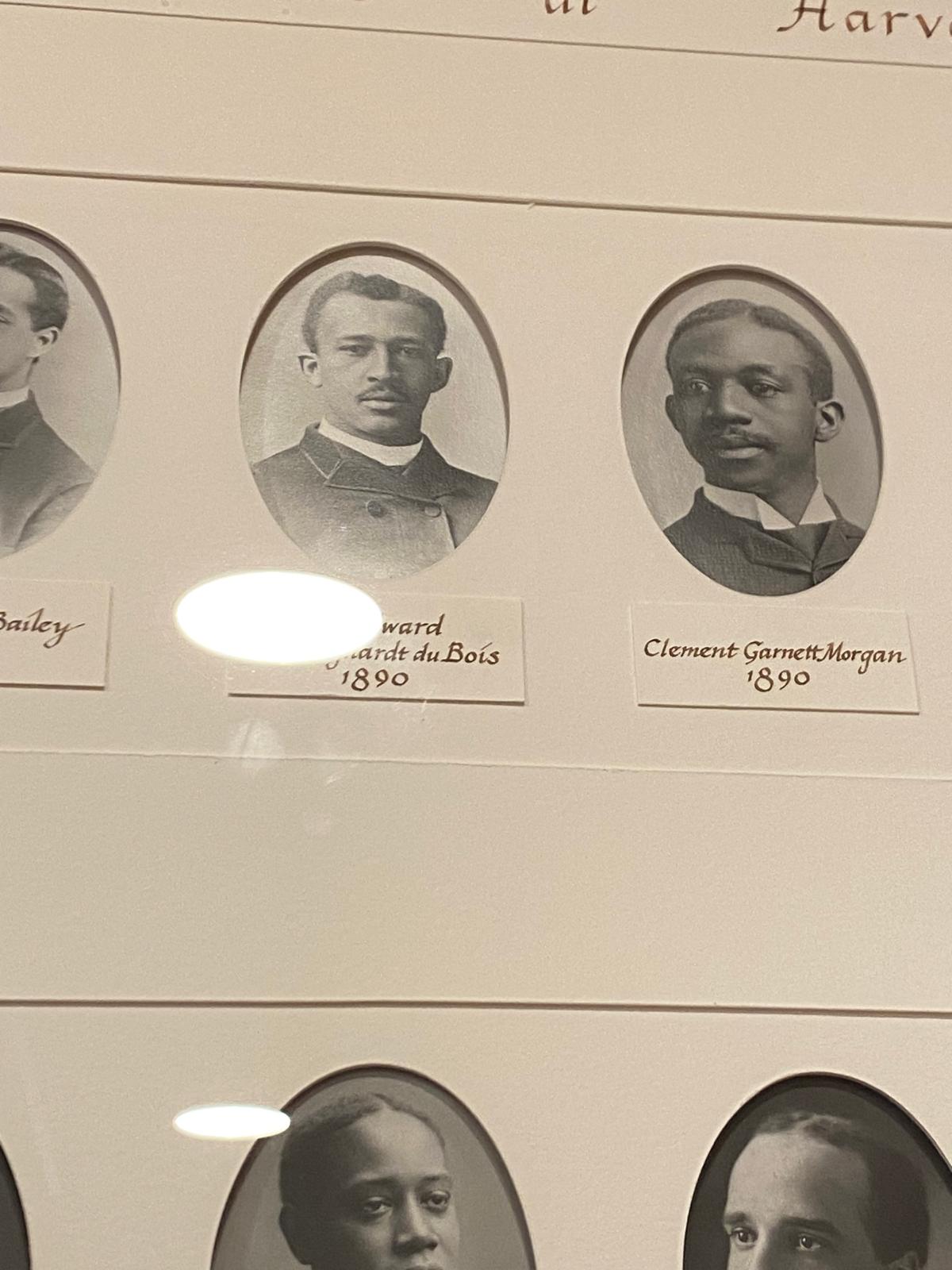
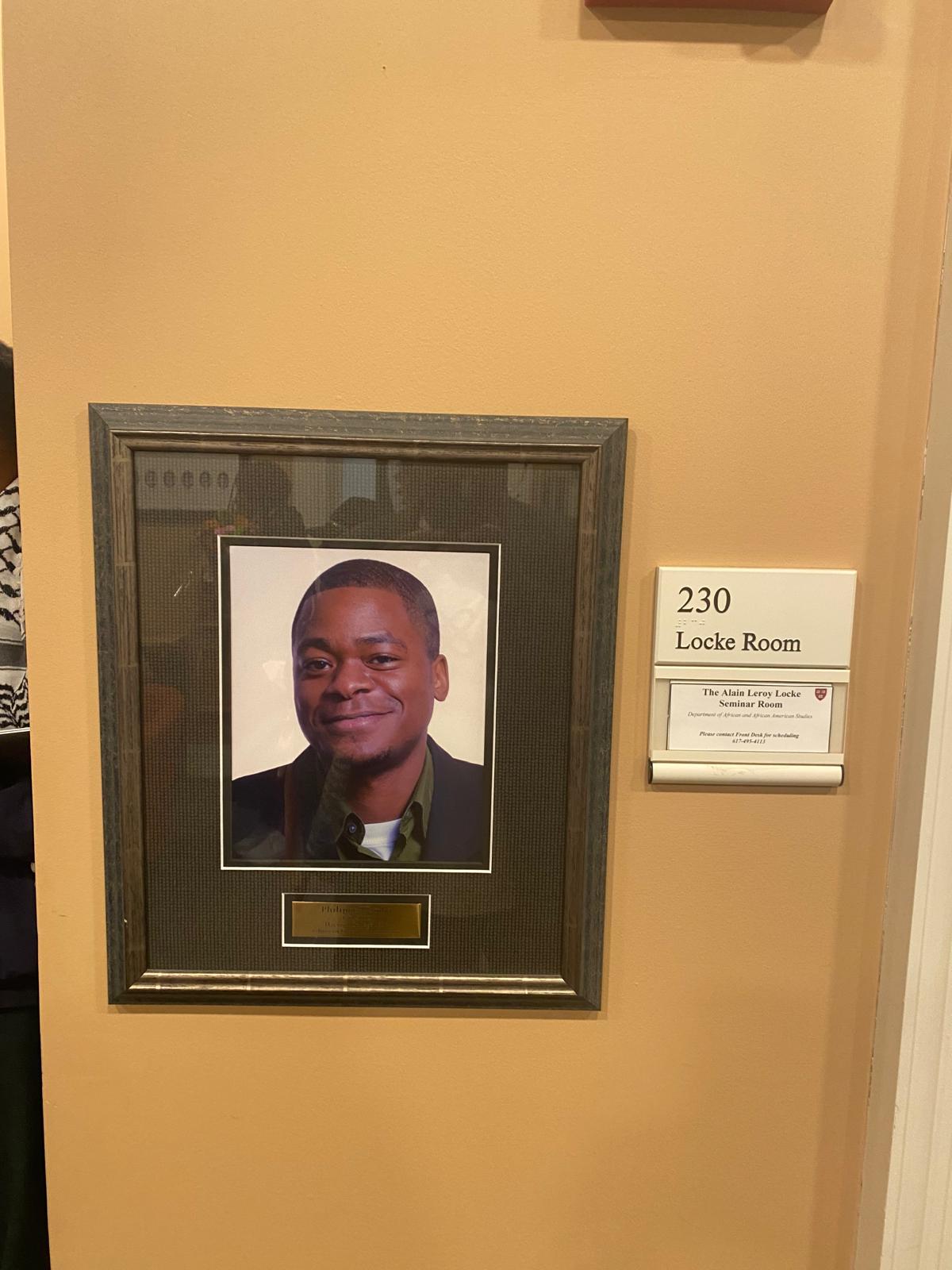
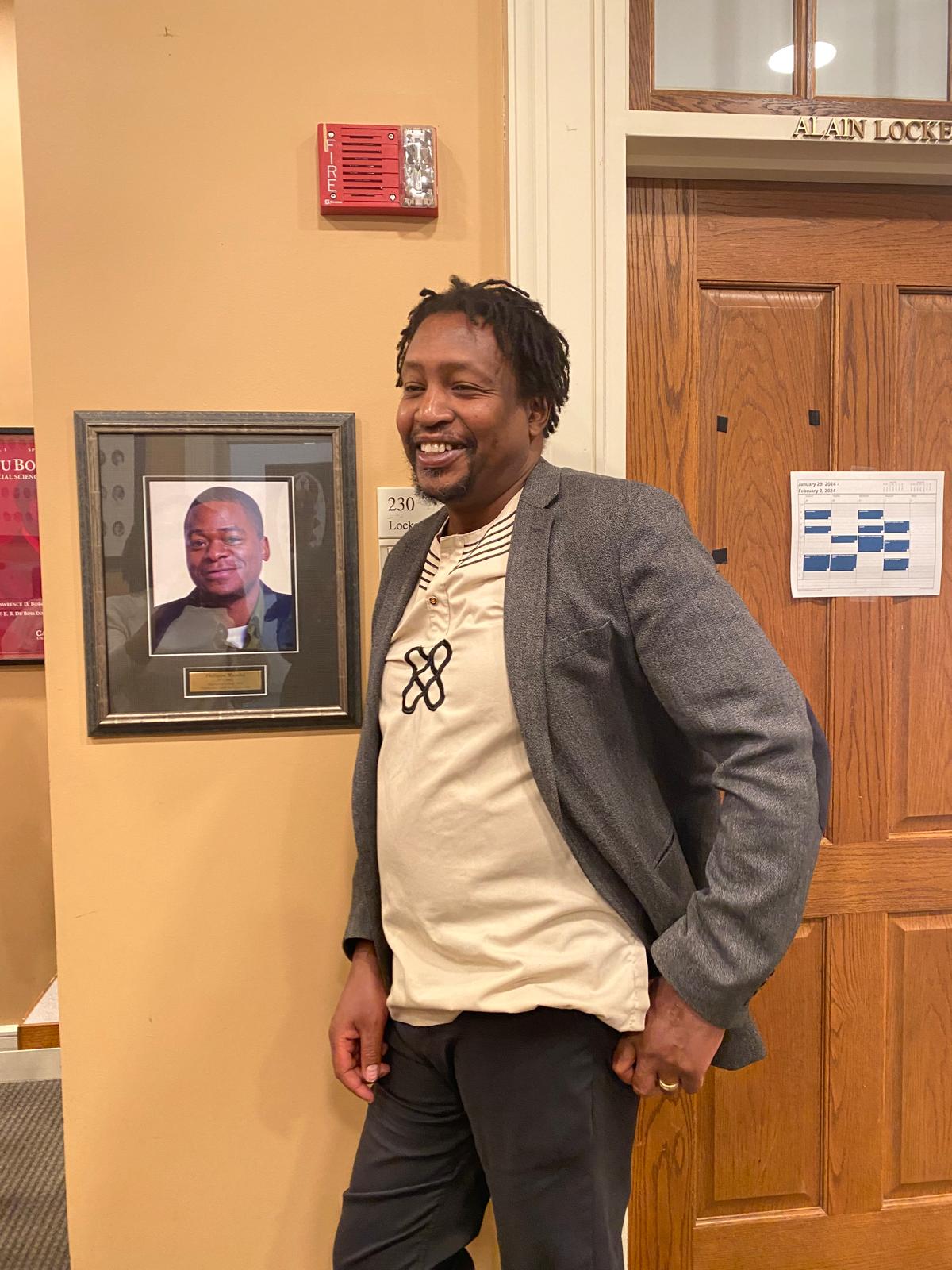
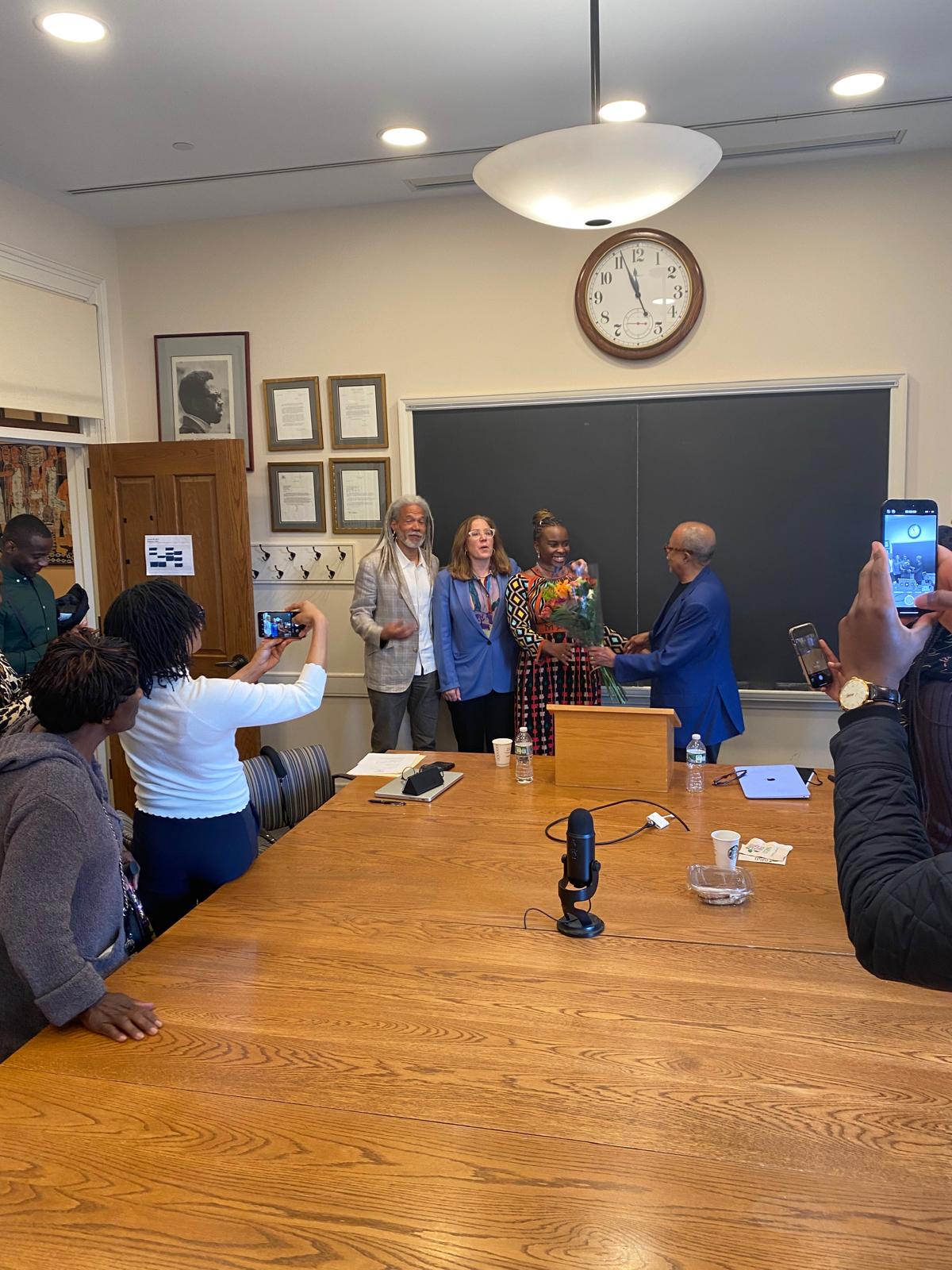
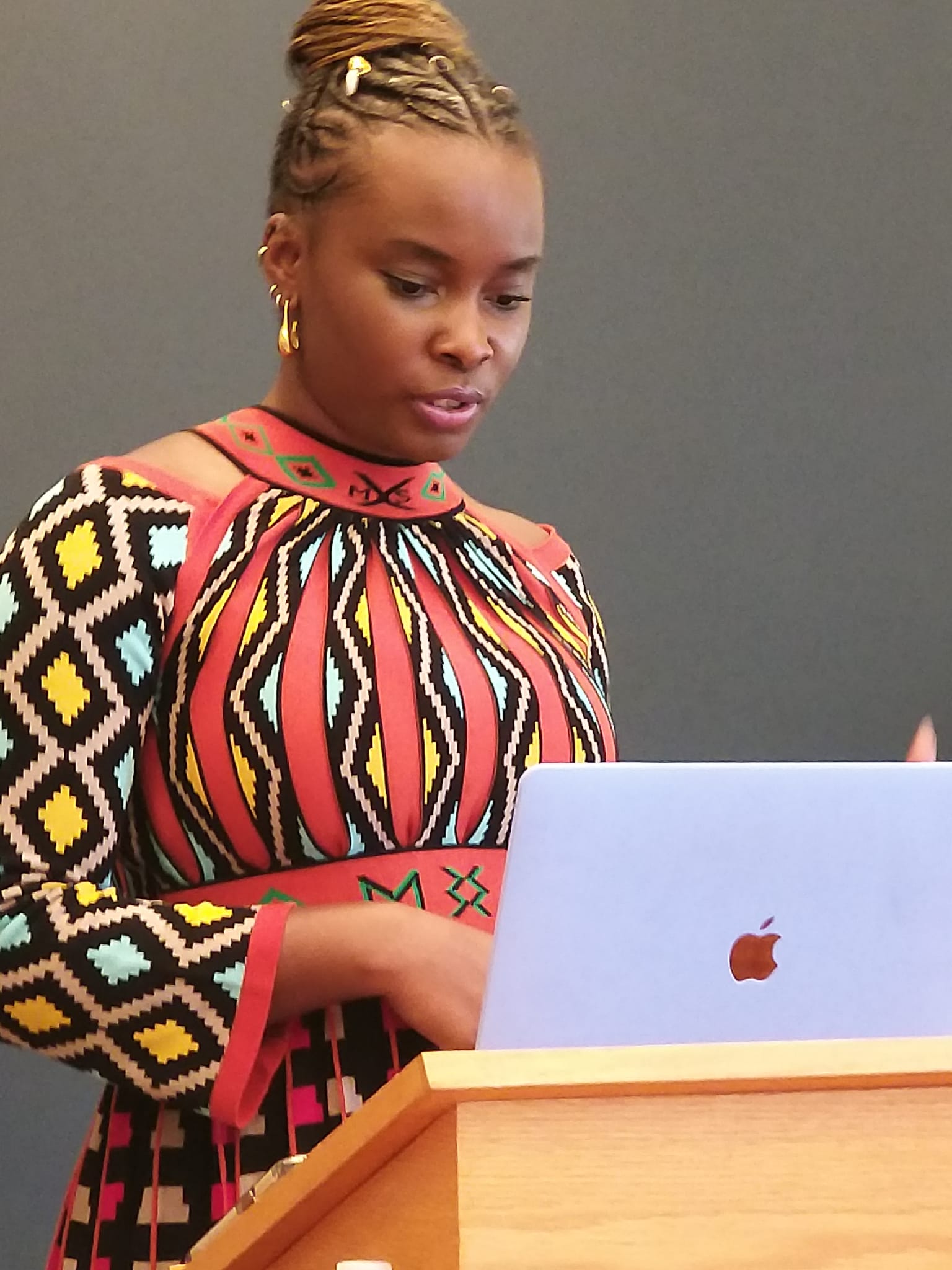
***
Photo credits go to Mukoma wa Ngugi and Bibi Bakare-Yusuf.


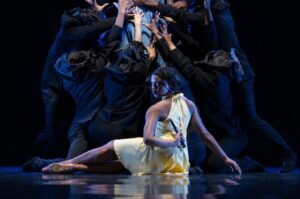


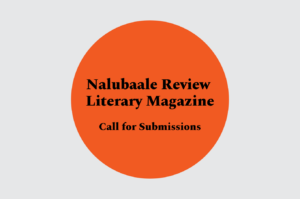
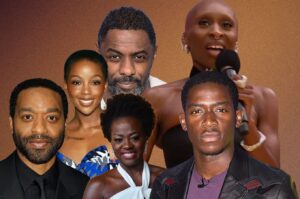


COMMENTS -
Reader Interactions